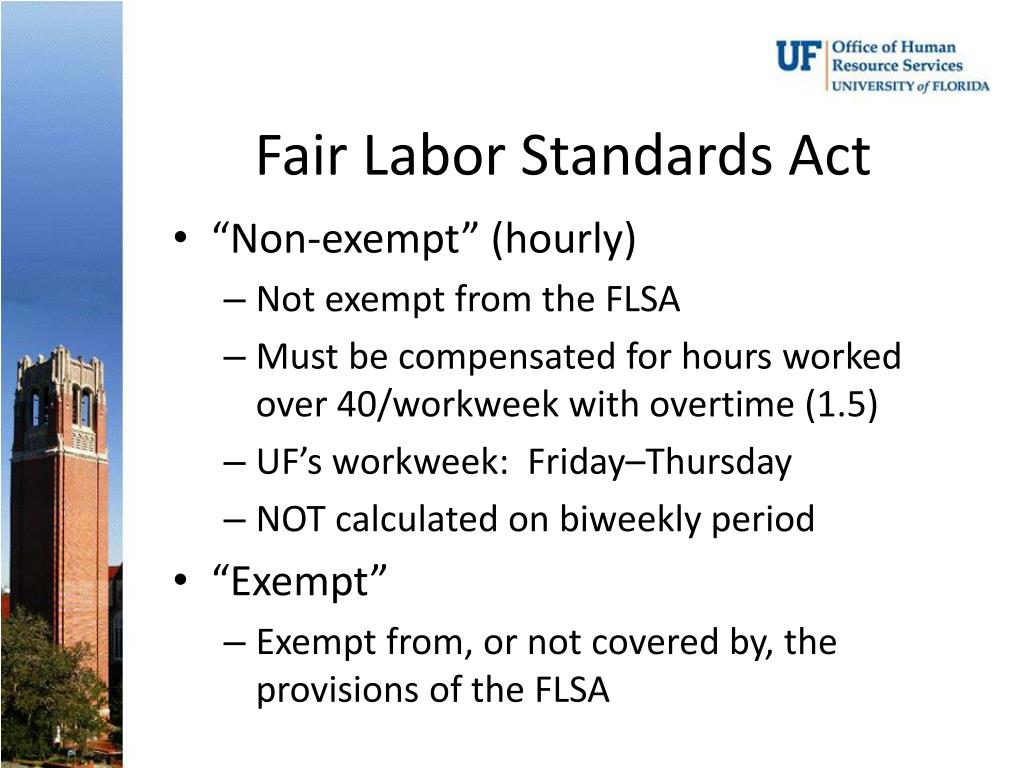

Tenured professors are harder to fire than their nontenured colleagues.īefore he took the Florida job, Ladapo was already one of the select few. It’s intended for the most outstanding members of the academic world, offering those who achieve it both status and security. The system is structured this way because tenure is supposed to be difficult to achieve.
UF EVENT MANAGEMENT SERIES
The process is meticulously outlined in a series of university guidelines. In order to achieve tenure, College of Medicine professors are subjected to multiple rounds of review from all levels of their department. Most did not respond, and none agreed to speak on the record.

The Times/Herald reached out to each professor. In response to a Times/Herald inquiry, the university provided a list of 47 tenured professors in the Department of Medicine, each of whom had the chance to vote on Ladapo’s tenure. “He was evaluated as we would any other candidate.” Ladapo completed the standard process candidates follow in applying for a vacancy.” Garcia’s statement read, in part. Garcia said that Ladapo went through a rigorous hiring process that involved meetings with several Department of Medicine faculty, including the department’s chairperson, Jamie Conti. One of the professors involved in the letter said they would not have signed the final product because it focused too much on what could be perceived as ideological differences between Ladapo and its authors - and not enough on the way the university violated its own tenure process. It was addressed to three administrators, including David Bloom, the chair of the Faculty Senate who sits on the Board of Trustees, and Joe Glover, the provost and senior vice president of academic affairs. 11, the letter was drafted nearly three weeks after DeSantis named Ladapo surgeon general.

Between the two jobs, Ladapo is set to make $437,000 per year.ĭated Oct. In addition to that job, UF administrators made room for Ladapo to hold another position, that of a tenured professor of medicine. The week after the vote, DeSantis tapped Ladapo as Florida’s next surgeon general, a position that helps set and promote public health policies and leads the state’s Department of Health. Professors weren’t asked to weigh in on the hire itself. Although they were given Ladapo’s résumé - which included his controversial op-eds - the rushed vote left them unable to take the time to review the materials, the letter says.Īlthough nonbinding, the faculty vote is taken into consideration when the university decides whether to award a professor tenure upon hire. She said the idea that the governor’s office would attempt to silence criticism from faculty is “absurd” and noted that “UF professors constantly criticize the governor and his policies in public statements.” ‘Evaluated like any other candidate’įaculty members were told in mid-September they had 48 hours to vote on Ladapo’s tenure. “Governor DeSantis does not interfere with the internal matters of UF,” DeSantis spokesperson Christina Pushaw wrote in an emailed statement Thursday in response to questions about the professors’ concerns they would be targeted over the letter.

In a statement, he pointed out that the faculty vote was only an “initial step” toward granting tenure upon hire, and that most of the professors’ responses had been “favorable.” UF Health spokesperson Ken Garcia did not respond to questions about the allegations in the letter. The Times/Herald has agreed not to name the professors involved in drafting the letter because of their concerns about job security. Three professors confirmed to the Times/Herald that they helped craft the document, which circulated among more than a dozen members of the faculty but was never sent to the administration.


 0 kommentar(er)
0 kommentar(er)
